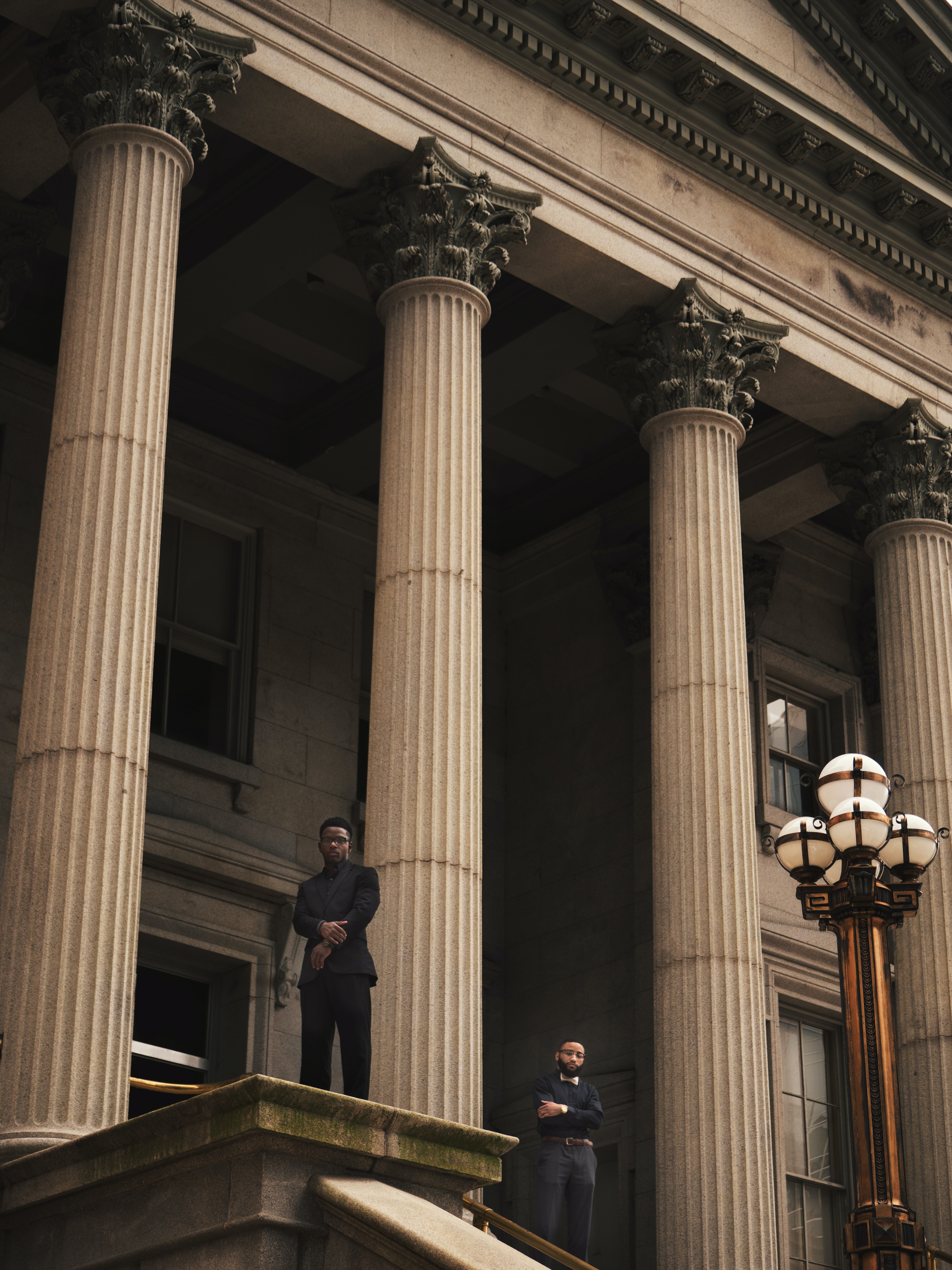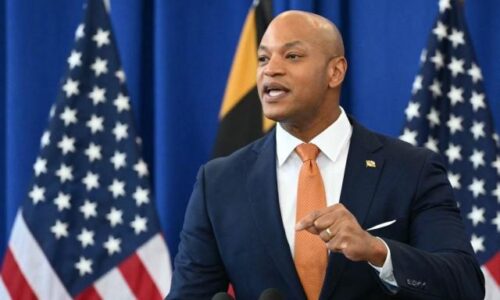Black Banks Matter: Why Detroit Must Bank Black

Originally published to The Cflo Manifesto blog
Growing up, my grandfather would drive me through the city, and tell stories of his childhood growing up in Black Bottom Detroit. He would point to open fields and say what building used to stand there. He would drive by abandoned homes and tell me what old friend used to live there. He talked of black enterprise and was remorseful as all the black businesses he grew up with, for one reason or another, were now gone.
As Detroit recovers and entrepreneurs move to the city to stake their claim, there has been a renewed interest in black inclusion. Many people are concerned about the government-sponsored benefits given to wealthy businessmen and new Detroiters, and rightly so. They worry the people who stayed in Detroit will be forgotten, and that black Detroit will be whitewashed.
In response, Detroiters have protested gentrification and looked to community benefit agreements to slow the process. However, something more must be done. No matter how many Motor City Match grants are given to black Detroiters, this problem remains. We as a community need to find our own methods of self-empowerment. We must claim our city while we still can.
We claim Detroit through buying homes and starting businesses. The more we can claim, the stronger we are. There is one surefire way to help our people buy land and start businesses-that is, investing in a black bank.
How Banks Work
When we open a checking or savings account with a bank, we give them our money to hold. The banks then take our money and lend it to people looking for a loan to start a business or a mortgage to purchase a house.
Banks are also notorious for racial discrimination. It is much harder for a person of color to get a loan in this country. This discrimination continues today despite laws forbidding the practice. Black banks emerged when banks refused to service black customers, and they still exist today. If you want to ensure your money is being used to empower people like you, invest your money in a black bank. If you have a bank account, your bank is loaning out your money, and you have no idea what it’s going towards. We must be smart with our money, and sure that our money is used for things that benefit us.
When a black person starts a business, they are much more likely to hire black workers and spend money in black communities. By exchanging our money within our community, we all can profit from the same dollars.
There are 23 black banks in the United States and one is headquartered right here in Detroit. First Independence Bank has served the community since 1970, and is located in New Center on Woodward and the Boulevard. It also has branches at the City- County Building, Seven Mile and Livernois, and in Clinton Township. In addition to offering a host of banking services, First Independence also promotes financial education in the community, putting on financial literacy seminars.
According to Richard Zamojski, the president of First Independence Bank, it is incredibly difficult to get a mortgage for a house in Detroit. In 2015, banks only mortgaged 400 single-family homes in Detroit. Despite its relatively small size, First Independence mortgaged 50 of those homes.[1] In order to restore our communities and build real wealth through things such as property and investments, we must first invest in ourselves.
Bringing It Home
Detroit is far from where it needs to be. While real progress has undoubtedly been made, it has still been just three years since the city exited bankruptcy. Despite news reports of a bustling downtown, the city continues to lose population. This year 24 schools in the city are listed to be closed by the state due to poor performance.[2] Detroit has the highest rate of residents in poverty among all big cities in the country at 39%.[3] All of these phenomenon are intimately linked. We must reverse the cycle of poverty in Detroit. In order to reverse the process, we must pool our money together and begin to build capital. More residents and businesses raise the property values of our homes. Higher property values create familial wealth and generate more tax dollars for better schools and city services. Those in turn empower our citizens to bring in more wealth to our communities, ending the cycle of poverty and creating a new, virtuous cycle.
We want our city to stop focusing on downtown and invest in the neighborhoods. If that is truly what we desire we must do it ourselves. Last year, a #BANKBLACK movement on social media was credited for bringing in $20 million to OneUnited, the largest black bank in the country. That $20 million was then invested into the black community.[4]
Activism does not take any personal or financial sacrifice. Making a difference in your community could simply be changing your bank. If the 688,701 residents of Detroit combined could move just $1 million of our checking and saving accounts into black banks like First Independence, that’s $1 million worth of investments into our communities. That’s less than $2 per person. Now, think of all the good that we can really do.
To find out more information on banking black, check out firstindependence.com.
[1] https://michronicleonline.com/2016/07/27/first-independence-bank-opens-door-to-black-buying-power/
[2] http://www.detroitnews.com/story/news/local/michigan/2017/01/20/michigan-schools/96830684/
[4] https://www.nerdwallet.com/blog/banking/black-owned-banks-fight-to-bounce-back/

